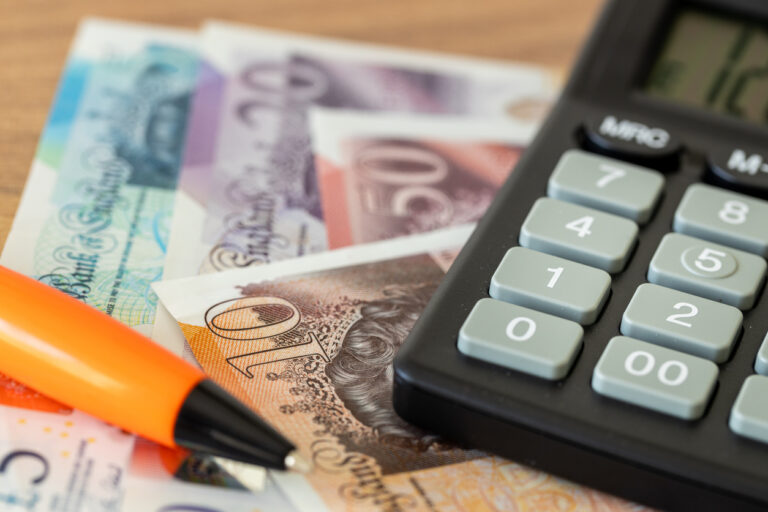Live News
Young people urged to check if they’re owed £1000s in Child Trust Fund payouts
Recent News

Published 3 days
ago @09:55
Young people urged to check if they’re owed £1000s in Child Trust Fund payouts
Recent News

Published 4 days
ago @14:15
New protections confirmed for Buy Now Pay Later borrowers – what you need to know
Recent News

Published 4 days
ago @12:45
Savers pull millions from Hargreaves Lansdown despite fee shake-up
Recent News

Published 5 days
ago @18:18
Don’t bother building your emergency fund – just start investing
Recent News

Published 5 days
ago @18:03
Proof that cash is costing you more than a pretty penny
Recent News

Published 5 days
ago @15:33
Thousands of bank customers wrongly denied refunds – what to do if you’re owed money

Get to grips with investing with our jargon-free beginner guides

New to JISAs?
Download our jargon-free beginners guide to Junior ISAs

Our guide to SIPPs
We explain what Self Invested Personal Pensions (SIPPs) are, how they work and when one may be right for you.

Understanding Cash ISAs
We explain the benefits of using a Cash ISA and how it compares to other savings accounts.
Archive News

Published 1 week
ago
Plan 5 student loans: what prospective students need to know
Archive News

Published 1 week
ago
Bank of England holds the base rate – but it’s closer than expected
Archive News

Published 1 week
ago
Letter from the Editor: The safest option might not be the safest after all…
Archive News

Published 1 week
ago
Your questions answered: Should I overpay my student loan?
Archive News

Published 1 week
ago
First-time buyers: Santander offers 98% mortgage – is it worth it?

Want to know what the best platforms are for investing? We got you.

Best Junior ISA
https://investinginsiders.co.uk/isa/best-junior-isa-provider/

Best SIPP Provider
We look at fees, fund performance, choice of assets and how easy they are to manage.

Best Cash ISAs
We've identified the best Cash ISA rates in the UK.

Best Stocks and Shares ISA
We provide independent analysis of fees, assets, features, platforms, and ready-made portfolio returns.
What kind of investor are you?
“I want a guaranteed, fixed rate of interest”
Not sure what kind of investor you are?
Take Our Investor Persona Quiz














